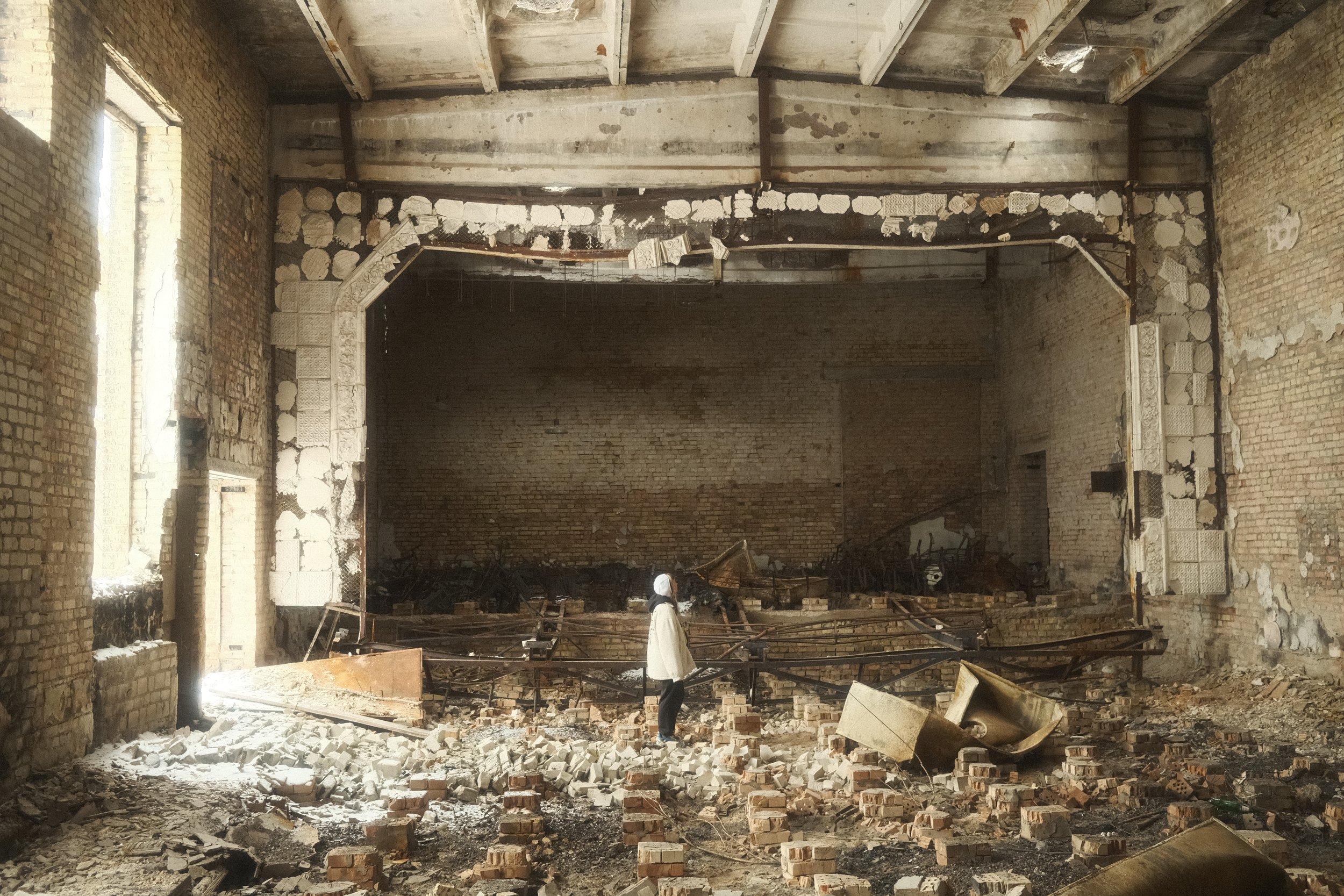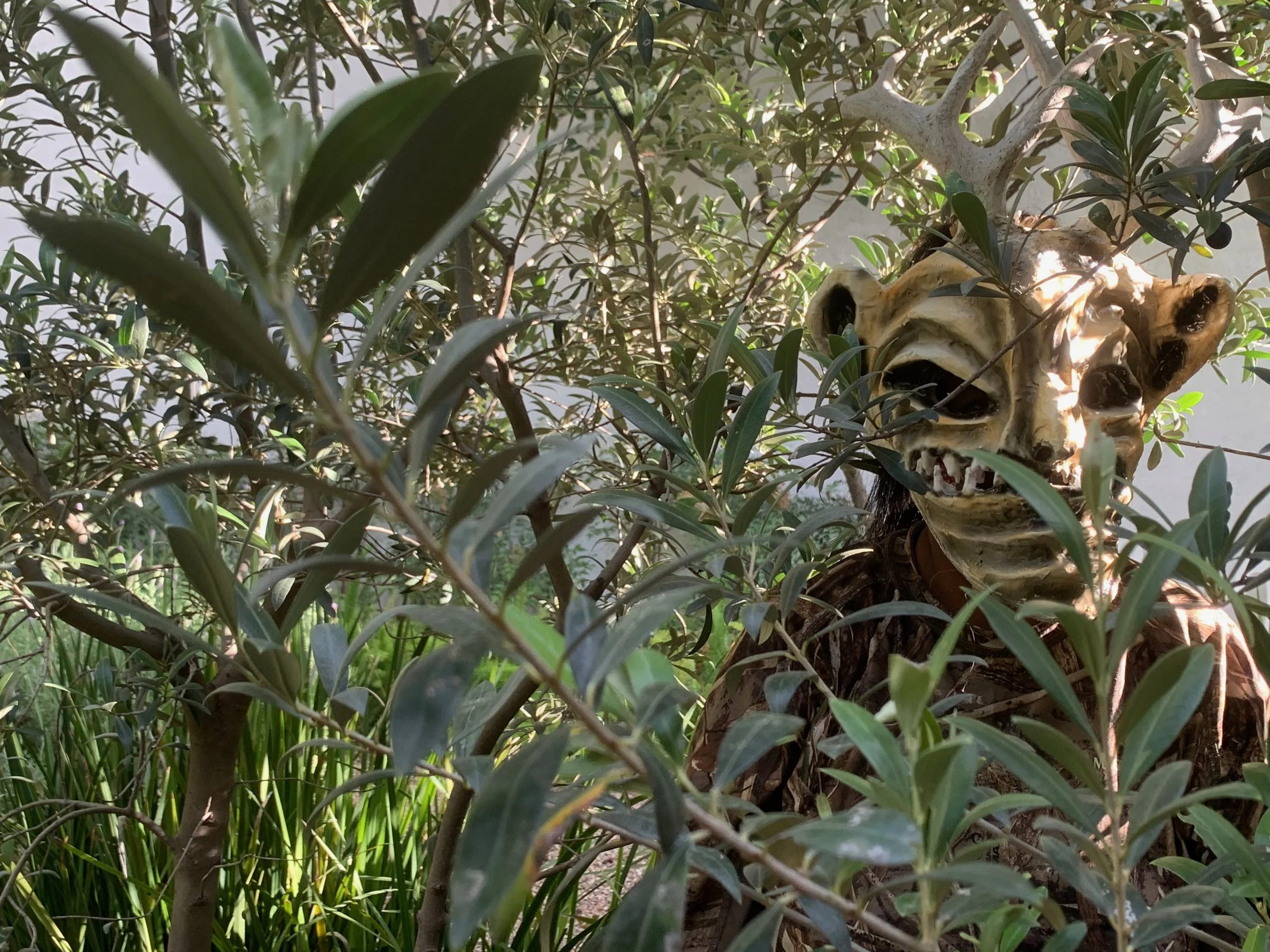It Is An All Girls Club with Trove Agency
I first learned of Trove Agency and Amy Cooper from her LinkedIn article about Diversifying the Lens, which was posted on a New York City form I am apart of. Maybe not so shocking, the article really upset some of the people on the forum... all men. They wanted to argue that women are a minority in the photography world because they are "just not as into gadgets as men." However, in all reality, there are a ton of female photographers, they are just less likely to get hired or be represented by agencies. A lot of career fields are trying to promote more women, but in the freelance world it is easier to over look the discrepancy. The fashion, and especially fashion photography world, has been on old man's club for a long time, but Amy Cooper is looking to change that by empowering more women to join!
Please read further about the, one of a kind, all women, agency, Trove below, and help us by hashtagging #DiversifytheLens whenever you can!
____
Foreword by Kira Bucca, Editor and Chief of Jejune Magazine.
Photo © Kristen Wrzesniewski
Please tell me about Trove Agency.
Trove Artist Management is the first agency in the U.S. with an all-female roster of photographers, hair stylists and makeup artists. I came up with the decision to start an agency while I was working in advertising as an art buyer. I had close to 20 years of photography production experience and at the time was mentoring some talented female photographers. Eventually they began to joke about me being their rep. I started to count the number of women photographers I had been able to award large campaigns to in my career, and I could count them on one hand. That was a wake up call – I was being called to empower these women, but also, I knew that the model for approaching commercial work needed to change, so I took on the challenge. I now have photographers in NYC, California and Dallas, and a team of hair and makeup artists in Austin, as well as growing in Los Angeles.
Why all women?
Creative markets are so saturated right now, it’s important to be niche, for one. But also, I wanted to do something to empower females as the women’s equality movement is waking up from its nap. I knew that I wanted to fight for women before I knew what I wanted my business to be. Half of my work is to provide resources to empower my artists, to bring them in community with each other and to support each other. I also spend most of my sales efforts marketing to women. Our mission really resonates with other women, so it works.
How long have you been around?
It will be three years in January!
We love your hashtag #DiversifytheLens, what got you started on this?
As with any business, the first couple of years are mostly trying to figure out what you are doing. We did not have a ton of business in the first year so I began to look at other agency models and tried to do what they were doing, but that was the exact opposite of why I started the business, and it didn’t work. I was ignoring my founding instincts. When I set my goals for 2018 I re-committed to myself to be bold about my mission to empower women, I was no longer going to whisper. I wanted to make sure we were loud and proud, so I decided to make the mission its own campaign, #DiversifyTheLens. I worked with creative directors, writers and an art director for almost 8 months concepting the campaign before launching it. I think the timing worked out well as other initiatives like #TimesUpAdvertising #MeToo #FreeTheBid and Jill Greenberg’s Alreadymade popped up during our time working on the campaign.
How do your clients respond to your all female agency? Do they seek you out?
Yes! The feedback has been so positive, and we have had clients come to us directly from the campaign. As an art buyer/photo editor, you may not really even think about gender when bidding a project, you just go to the photographers you already know, or whomever is in front of you. I think we have made people more aware of the crazy underrepresentation of women and the need for hiring powers to proactively seek women creatives out.
What are you most proud of with Trove?
I am most proud of the relationships that I have built with my artists and the moments when I can tell that I have empowered them or provided them with a resource or job that has given them more confidence, excitement, motivation and inspiration for their work. I love how much they teach me and inspire me as well. There is a truly remarkable level of trust and vulnerability that we have with each other. I am also really proud that we come together as a group to support each other. I think that is another way that Trove really stands out as an agency. We are not a roster of individuals, we’re a family.
What made you want to expand from your consulting to representing?
Consulting is my true passion but on its own it wasn’t accomplishing my need to change the world (or at least the industry). I wanted to be a voice for women, but also, to do what I love full time, an agency model is more sustainable. I get to work with the same artists over a long period of time, establish clients, grow. With consulting, it’s just one artist after another without as much growth, and the financial margins are smaller.
Tell us about your consulting.
I love it!! Consulting allows me to work with all different kinds of artists, at all different levels of experience, and I work with men as well. I usually start with a portfolio review, I’ll send a questionnaire to my client, help them figure out who they are as an artist and what their strengths are. I do a bit of research and then we have an hour-long conversation about their work, goals, and whatever area of their business they need help with. After that, my clients usually ask for additional assistance updating/editing the images on their website, and then we will get in to creating marketing materials and locking down their target market. I’ve also started a service called #GOALSAccountability where we dig in deep to define goals and make a plan for the year, and then I check in with the artist every month to make sure they are on track and help them pivot if needed. Both of my businesses are part business consulting, part (inevitable) life coaching. I also help other small businesses with SEO. Right now I have mostly photography clients, but have also worked with illustrators, stylists, and even an acupuncturist.
According to your article Diversify The Lens, women make up about 10% of the photographers represented by agencies. Why do you think this is?
Traditionally men have been a lot more aggressive with their marketing and asking for jobs, asking to be seen. Women traditionally don’t want to trouble anyone, they aren’t always comfortable asking to be seen, and especially asking over and over, which is what you have to do to get in the door in commercial markets. I also think that female photographers in the past have kind of been cornered in to less commercial work, which doesn’t attract agency representation.
How can we change this? That’s what I ask myself every morning! My job is to mentor these women to show them how persistent the men are and to empower them to be the same. We talk about this all the time in our monthly meetings – ASK ASK ASK for what you want. Don’t settle for an unanswered email, pick up the phone, knock on a door, ask for a coffee date. Ask for more money, ask for more resources, ask for an introduction.
What would you tell someone who denies that this discrepancy has to do with sexism?
I don’t believe it’s always intentional sexism. Hiring male photographers has been seen as the norm, like in so many industries, but it’s time to change things. I was an editor for many years and never really thought much about the gender of who I was hiring. It’s funny (sad), when our campaign was syndicated on PetaPixel, most of the men commenting on the article denied that underrepresentation was a problem, they said, “Annie Leibovitz is doing just fine, there can’t be a problem.” The hilarious (again, sad) thing being that none of them could list any other successful female photographers other than Annie. Men say, “hire on talent, not on gender.” Of course you are going to hire on talent, but when women have been discouraged from this industry for so many reasons, for so long, they might need a little encouragement to work their way up to -at the very least- being seen. And they should be encouraged and sought out because their perspectives are important, vital. The same can be said for any industry in which minorities have been excluded or have so few role models. If 85% of consumer spending is done by women, but the advertising that we see is through the male lens, that’s probably not helping evolve the way that women consume, dress, act, are perceived in society, or even as we perceive ourselves. It’s almost a Catch-22. Anyone who denies the discrepancy has not be awakened yet, or has been living with privilege for so long that they just can’t comprehend that it should be addressed.
What advice do you give to female photographers? Ask for what you want. Ask for help. Speak up. Know your value. Say yes to things, say no to things. Persist! Also, drink lots of water, meditate, F&$%CKING VOTE, get some sun, wear sunscreen. Celebrate! Read. Network your ass off. Lift up other women. Check on your girlfriends, celebrate their wins. Be niche. Don’t compare yourself to others. Cut out any negative self-talk. Write down and share your goals in glorious detail. Have a morning gratitude practice. And don’t be afraid to call people out on their b.s.
To learn more about Trove Agency and Amy Cooper please follow her via the links below:
Websites: www.troveagency.com and www.amyvcooper.com
LinkedIn: AmyvCooper
Instagram: TroveAgency and AmyVCooper
Twitter: TroveAgency and AmyVCooper
Facebook: TroveAgency and AmyVCooper



